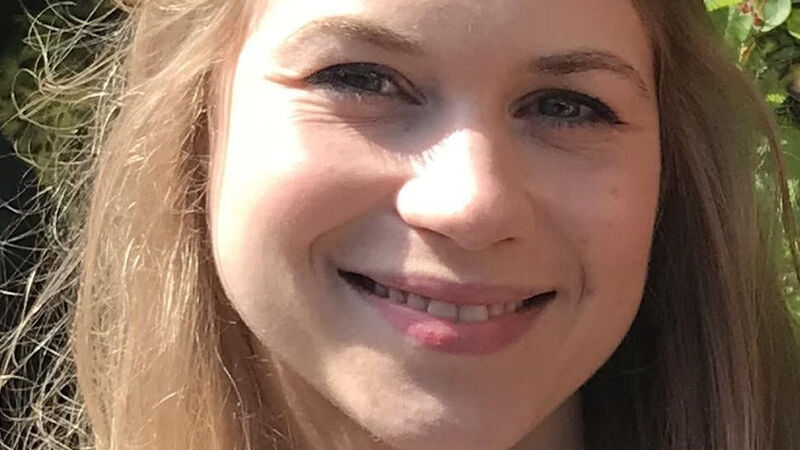'Men must have a role' in solving the issue of gender-based violence

Sarah Everard's disappearance and ultimate death has sparked a much-needed conversation around men's roles in combating male violence, according to researcher Robert Bolton. Picture: Metropolitan Police/PA Wire
The disappearance and ultimate death of Sarah Everard has sparked a much-needed conversation around men's roles in combating male violence, according to a University College Cork researcher.
Robert Bolton is part of a team, led by Claire Edwards, which is looking into violence against women.










